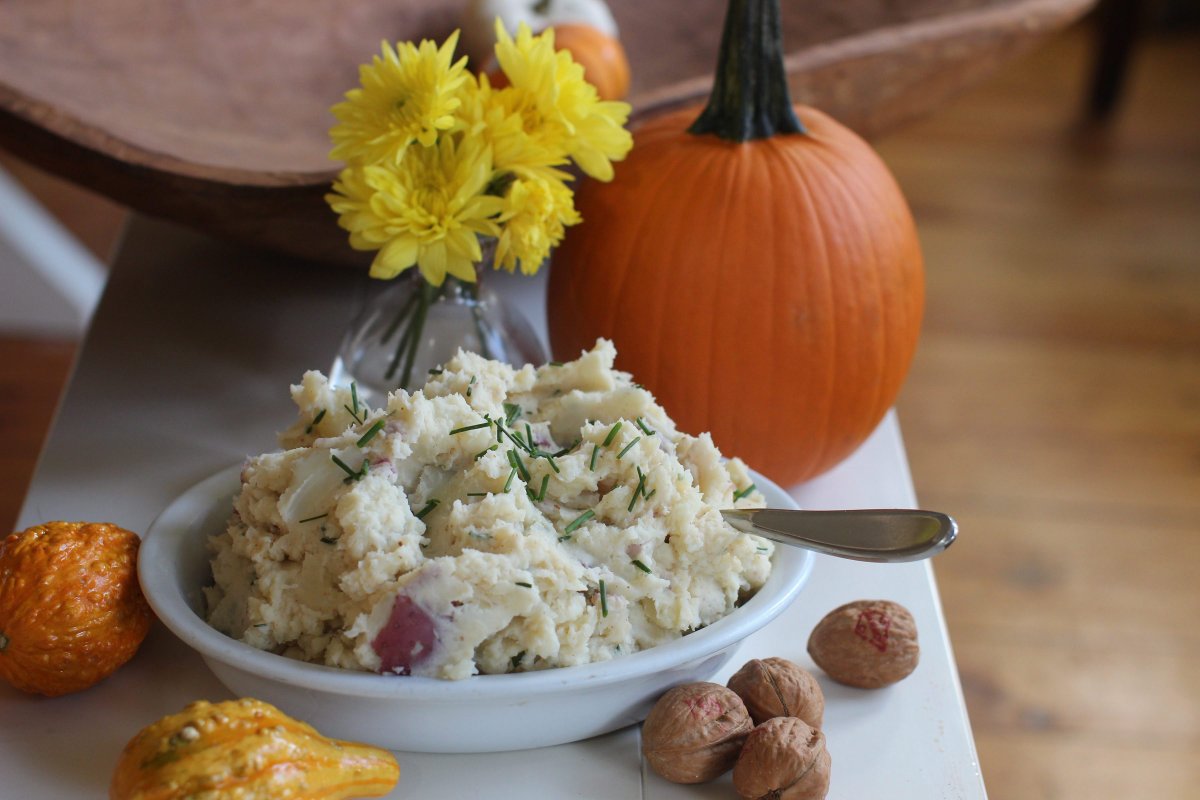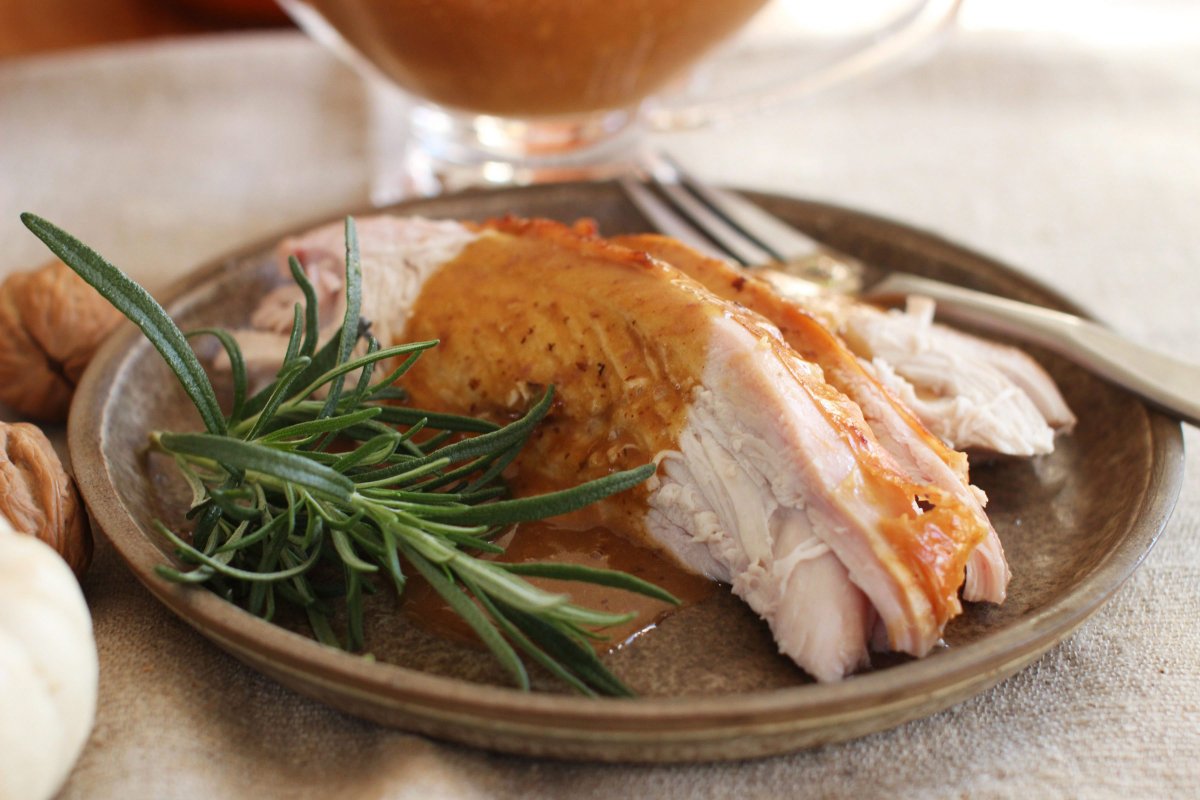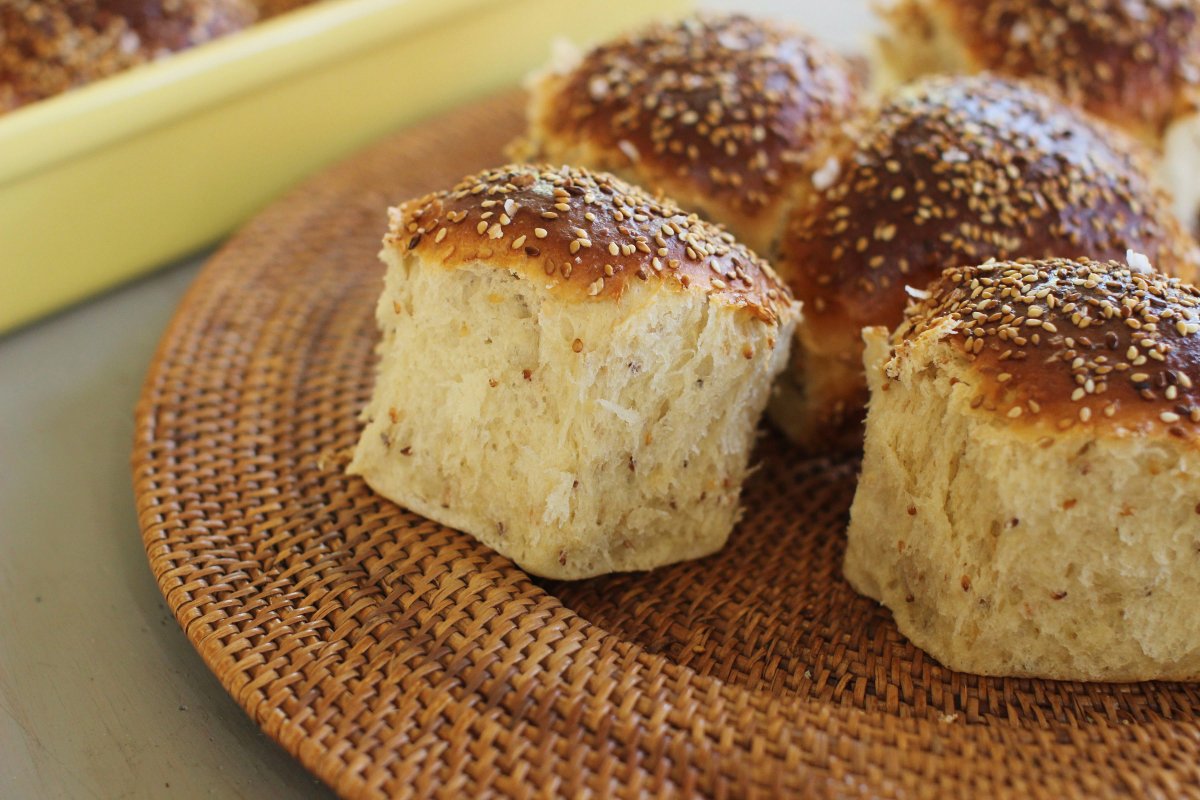Canadians wanting to gobble up turkey this Thanksgiving will find it’ll cost more as food inflation continues to sizzle.

Thanksgiving staples like turkey, potatoes and cranberries are all up in price, said Sylvain Charlebois, director of the Agri-Food Analytics Lab at Dalhousie University.
The increases are a result of several factors that have driven up the cost of food this year, but even though Thanksgiving meals will be more expensive to cook, there are ways Canadians can save when shopping for ingredients.
“Prices did start to rise significantly about two years ago, but obviously over the last 12 months things have been quite volatile for most products at the grocery store,” Charlebois told Global News.
“These products are much more expensive now, and we are expecting some households to make many adjustments as a result of higher food prices.”
Food prices searing hot
Last month, while Canada’s overall rate of inflation slowed to seven per cent from 7.6 per cent in July as gas prices dropped, Statistics Canada reported grocery prices were up 10.8 per cent over August 2021, the fastest pace recorded since 1981.
That month saw baked goods increase 15.4 per cent from a year prior; condiments, spices and vinegars jumped 17.2 per cent; non-alcoholic beverages increased 14.1 per cent and fresh fruit shot up 13.2 per cent. Meat was also up 6.5 per cent, and dairy products up by seven per cent.
When it comes to Thanksgiving mainstays, turkey is up 15 to 16 per cent per kilogram compared with last year, Charlebois said, citing statistics from his lab’s database. Potatoes are up 22 per cent, bread is up 13 per cent, butter has increased 13 per cent, cranberries are 12 per cent more expensive, bacon is up 10 per cent, chicken has jumped 10 per cent and corn is up six per cent.
“All of them are quite significantly more expensive,” Charlebois said.
“In fact, they’re higher than the food inflation average.”

In its report, Statistics Canada cited extreme weather, higher input costs, disrupted global supply chains and Russia’s war in Ukraine as factors driving food prices higher.
The instability in Ukraine, in particular, is causing some “real issues” with how wheat is distributed throughout the world, said Michael Widener, associate professor of health studies with the University of Toronto.
Keeping those reasons in mind, Canadians most likely will have to wait a while before relief in food prices comes, he added.
“We need to really see how farmers adjust in the next year to planting different types of crops, how they’re able to actually produce enough of different types of food so that both humans and livestock are able to get the food and nutrition they need so that they can kind of get into this lower inflation environment,” Widener told Global News.
“But it’s a seasonal issue. We’re really dealing with something that can’t be fixed overnight, and we have to kind of wait until that next growing season occurs before I think we’re going to see real major changes.”
Food prices impacting ways Canadians shop
Last month, a survey released by Charlebois’ Agri-Food Analytics Lab showed around three-quarters of Canadians were changing how they do their groceries amid high inflation.
The Caddle poll suggested about 24 per cent of respondents were cutting back the amount of food they’re buying due to high prices. Of the 5,000 Canadians surveyed, 7.1 per cent said they were skipping meals or snacks because of food inflation. Roughly 6.6 per cent said they were more often paying for groceries on their credit cards without knowing when they’ll be able to pay it back.
Meanwhile, 40 per cent said they were trying to waste less food, 33 per cent said they were paying for groceries using rewards points more often and 18 per cent said they’re buying food in bulk more often.
High food prices are part of “global phenomena” currently underway, Charlebois said. As a result, he expects Canadians will make changes to their Thanksgiving meals – from buying less not to cooking turkey at all.
However, there are ways Canadians can save as they shop for their menus, he and Widener said.
Ways to save money on Thanksgiving food
First, the turkey itself – the most common animal protein this time of year – depending on where they shop, Canadians may get more for their dollar if they’re buying a smaller or larger turkey, Charlebois said.
“Some people may be tempted to either buy a smaller bird so they don’t have leftovers, or they actually buy a larger bird to actually have leftovers for several days. On a larger bird, sometimes you get a better deal per kilo, so it depends where you shop,” he said.
Shopping local and in season can also help with prices, Widener said.
“October is actually a really great time to be buying things like produce for Thanksgiving because a lot of different foods, from beets to broccoli and carrots, are all going to be available starting around now,” he said.
“Transportation costs will be lower because it’s coming from within Canada.”
Widener also advises Canadians to consider the proportion of different types of foods they’ll make this Thanksgiving weekend, so a little less turkey in exchange for more vegetables, for example.

But Canadians should also take time to “shop the flier.”
“If the store has an excess of whatever food item, they might put it on sale and so if you see the deal that’s probably a good opportunity to take it up,” Widener said.
Charlebois agrees.
“If you actually strategize and look around, you can actually save quite a bit. You just need to take some time and look around as much as possible,” he said.
“My advice to people is to perhaps buy the bird in one place and the vegetables and the potatoes somewhere else, and typically you can actually save quite a bit. If you do have the time, I think it’s worthwhile considering other options.”
— with files from Craig Lord
- Buzz kill? Gen Z less interested in coffee than older Canadians, survey shows
- Body Shop Canada considers sale as demand outpaces inventory
- Indigo nears privatization but experts warn turnaround won’t be ‘quick fix’
- Naloxone-resistant street drug linked to 9 deaths in Eastern Canada seized in Alberta







Comments